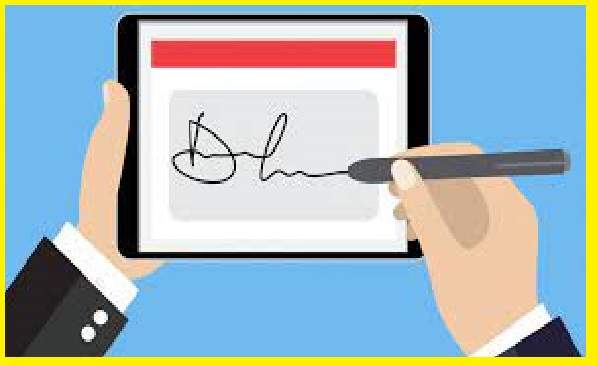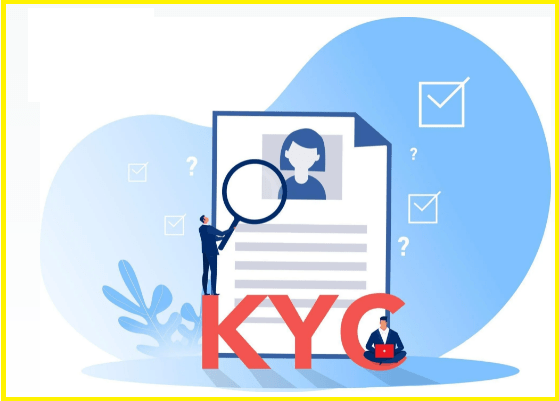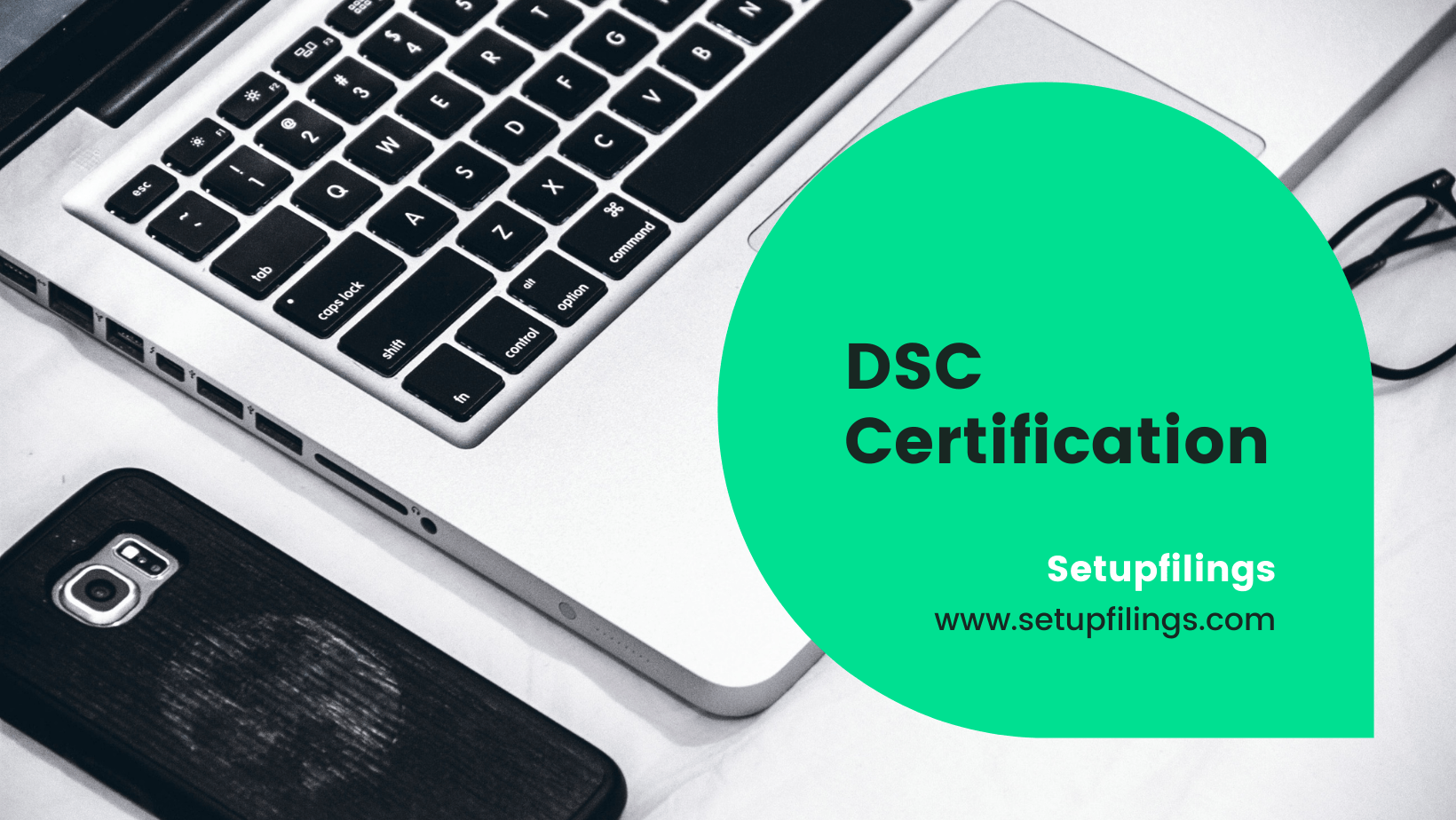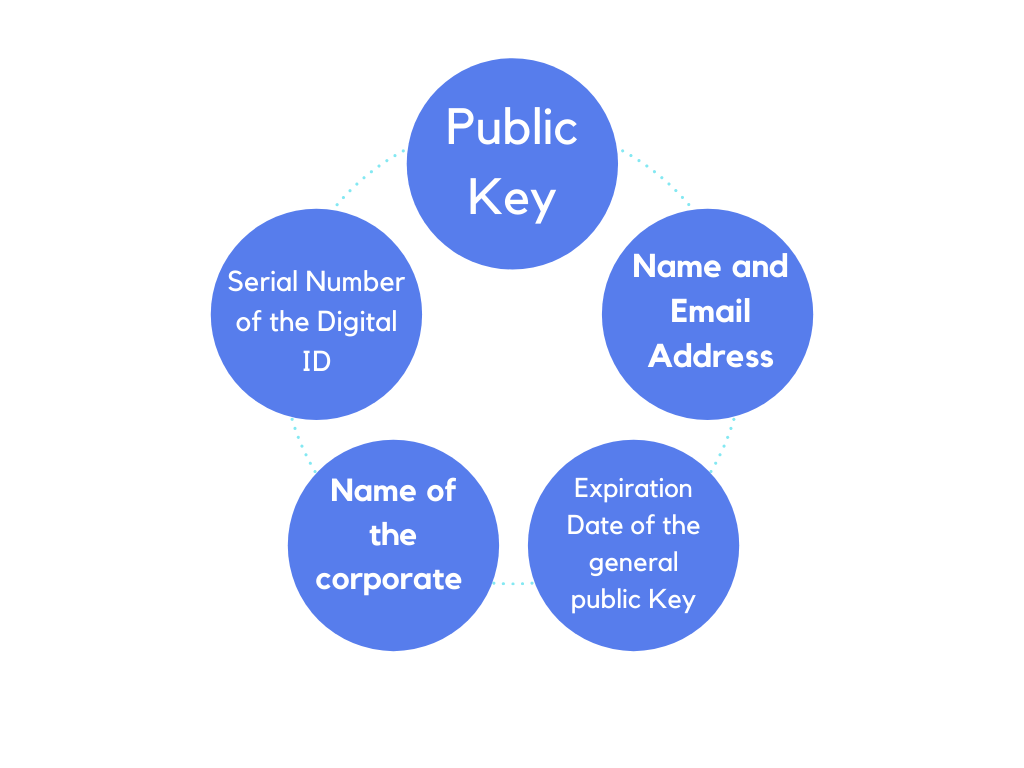
eSign Validity: Is eSign Legally Valid In India?
Under the knowledge Technology Act, 2000, Digital Signature Certificates (DSC) are legally valid as per Indian Law.
Licensed Certifying Authorities (CA’s) issue DSC’s under the Ministry of data Technology which makes the utilization of DSC’s authentic and valid, even as any wet or physical signature.
Electronic signatures also function as a symbol of signature and presumption to electronic agreements under the Indian Evidence (Amendment) Act, 1882.
DSCs have generated for Aadhaar-based eSign also and they are often viewed by clicking on the eSign button.
This DSC record is made and therefore the eSign should be used within a half-hour, after which the private key’s destroyed.
Although the key’s destroyed soon, once an electronic signature has been applied to a document, it’s valid forever.
Digital signatures issued by licensed CA’s are legally valid during a court of law as per the IT Act, 2000.
Under Section 2(p) and Section 3 of the Act, digital signatures are considered reliable, legal, and secure because digital signatures employ hash functions and cryptosystems for electronic records.
It is also important to know the way to validate eSign.
eSign or electronic signatures are digital signatures that will be applied to electronic documents as per Section 5 of the Act, which explains the legal recognition of electronic signatures.
As per Section 3A of the Act, a subscriber may authenticate an electronic record with an electronic signature that’s considered reliable or as stipulated within the Second Schedule of the IT Act, 2000.
According to Section 3A, Schedule 3 of the IT Act, 2000, an electronic signature is taken into account valid if all of the subsequent conditions are fulfilled:
- The data created with reference to signature creation and authentication is linked between the signatory and therefore the authenticator only.
- The signatory of the electronic document has the intent to sign and has control of the electronic signature, and not the other person.
- Any changes made to a signature, information, data, etc. are evident and detectable.
- It fulfills conditions prescribed by the Central Government, by way of notification within the Official Gazette.
Basically, authorized CA’s that issue digital signatures are always ipso facto valid and the other quite electronic signatures used, got to prove their reliability and validity as per Section 3A (as stated above) to be considered valid.
Any signature that’s reliable is legally recognized and valid under Section 5 of the Amendment to the IT Act, 2000.
Documents On Which eSign Is Invalid In India
The Central Government has stipulated that electronic signatures can’t be used on all classes of documents.
Any electronic signature used on any of the documents listed below won’t make such a signature or the document itself valid.
Under Section 1(4) of the IT Act, 2000, electronic signatures or the IT Act itself isn’t applicable to:
- Any class of documents as stipulated by the Central Government by way of a notification published within the Official Gazette from time to time.
- Any sale of immovable property in India or any contract, interest, or conveyance in such property.
- Power of Attorney as per Section 1A of the Powers of Attorney Act, 1882.
- A will and/or testament as per Section 2(h) of the Indian Succession Act, 1925.
- A legal document as per Section 13 of the Negotiable Instruments Act, 1881.
- A trust as per Section 3 of the Indian Trusts Act, 1882.
Revoking Of Digital Signature
A digital signature certificate is often revoked by a CA, thereby making the utilization of such DSC devices invalid. DSC here refers to the file inside the DSC USB dongle, and not the digital signature itself.
Please note that the signatures already placed using the device are permanent and can’t be revoked.
A subscriber can make his/her case before the CA before a DSC is revoked. A Certifying Authority has the facility to revoke a Digital Signature Certificate if:
- A subscriber submits an invitation to revoke his or her DSC
- A subscriber has given up the ghost.
- The subscriber may be a company or firm and a choice is formed to finish up.
- A fact within the DSC is misrepresented, falsified, or hidden.
- A requirement for the difficulty of a DSC wasn’t satisfied.
- The CA’s security system or private key’s compromised.
- The subscriber is said insolvent, dead, cease to exist, etc.
Invalid eSigns
A person or company isn’t permitted to publish a DSC unless:
- The DSC is issued by a Certifying Authority (CA).
- The subscriber within the list has accepted the DSC.
- The certificate has not been suspended, revoked, or canceled.
- If an individual doesn’t abide by the subsequent stipulations when employing a digital signature, then that individual is susceptible to pay a fine of INR one lakh or serve an imprisonment sentence of two years, or both.
Every time you click the ‘I agree’ button or the ‘I accept’ button, you’re signing a legal contract electronically and your acceptance is your signature on the terms, privacy policy, etc.
Visited 247 Times, 1 Visit today



